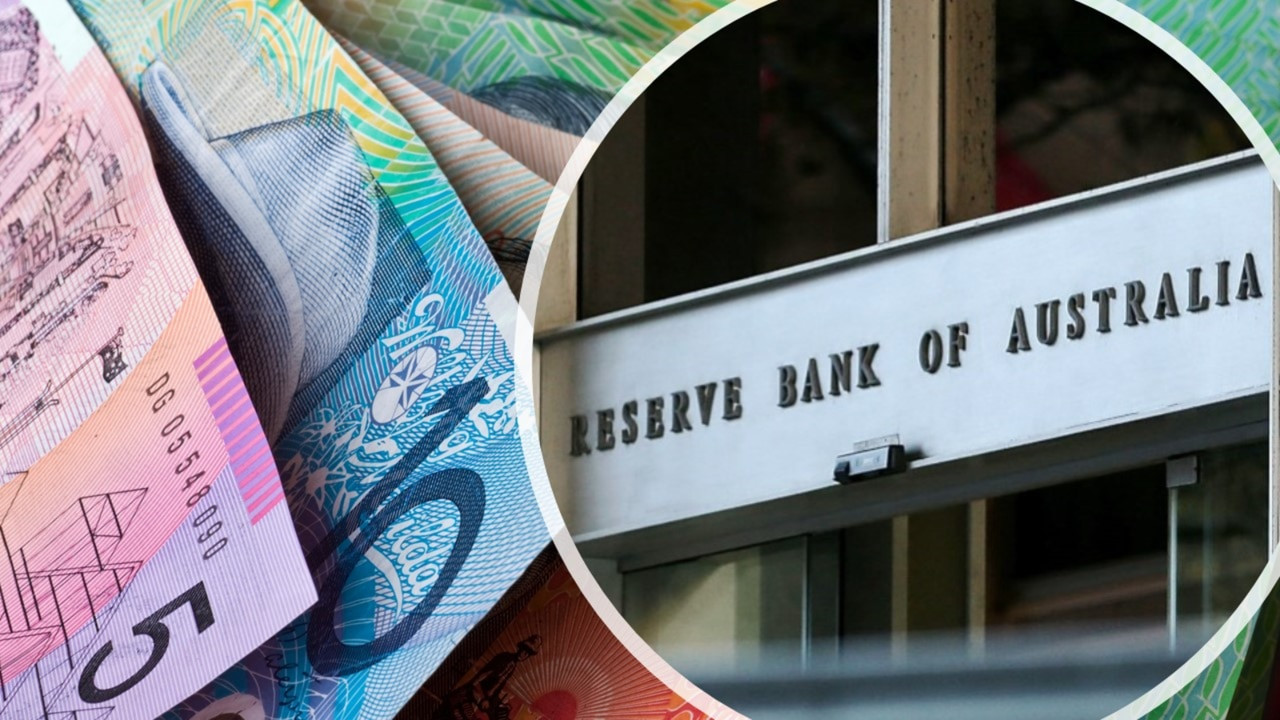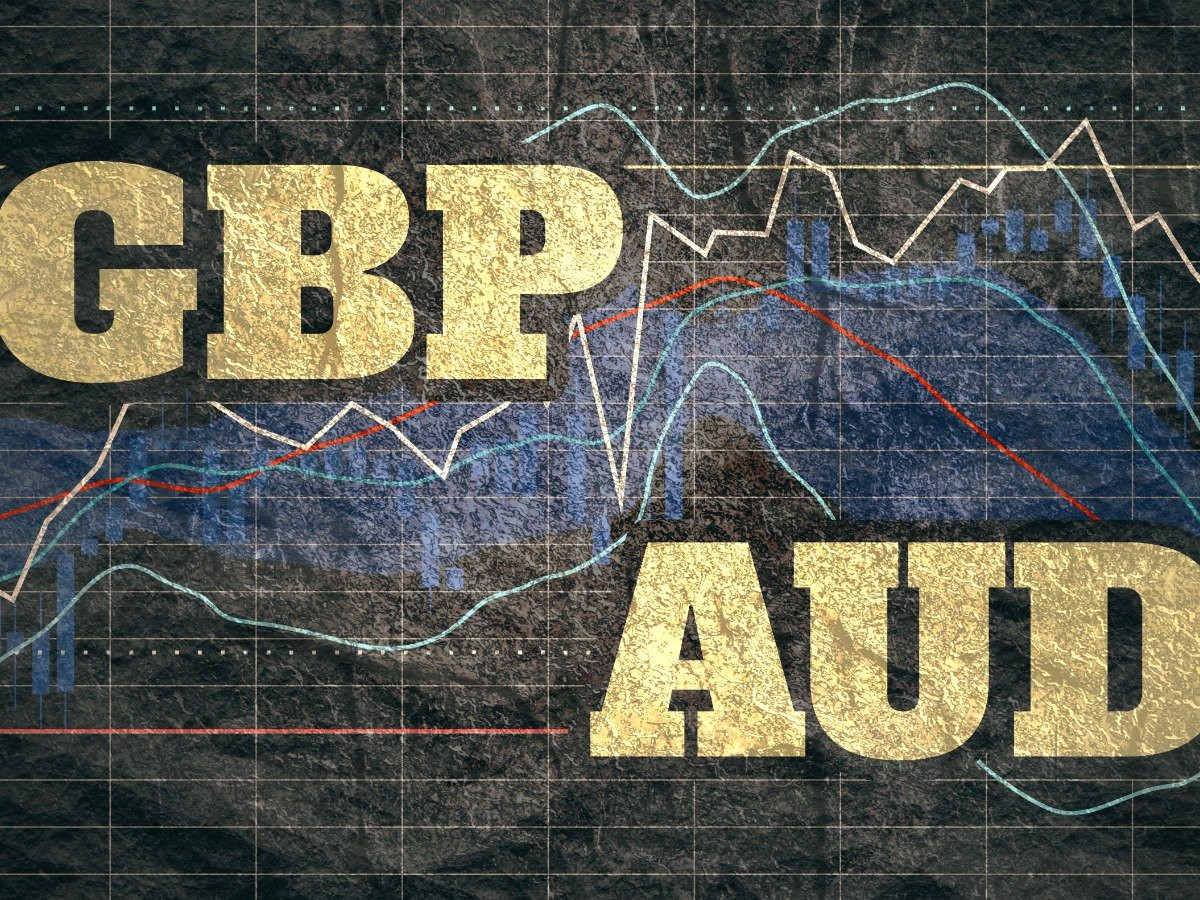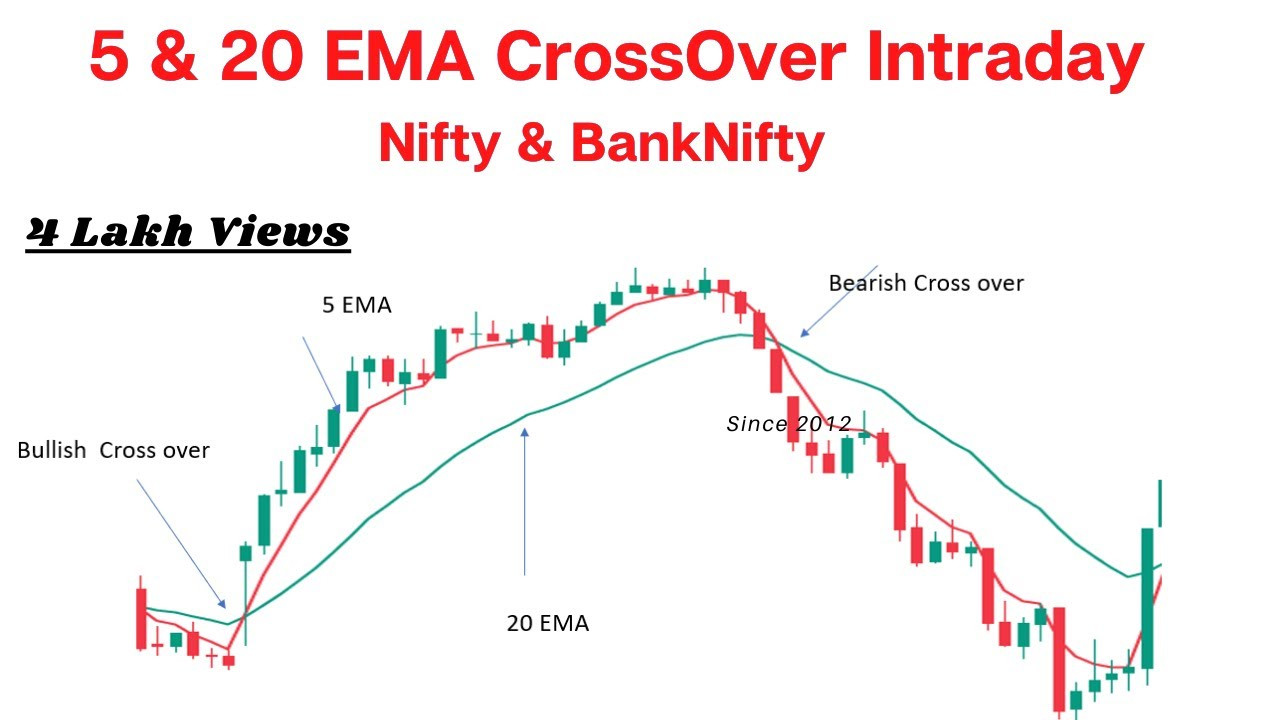RBA Interest Rate Decision: A Nation Holds Its Breath
The Reserve Bank of Australia (RBA) is poised to make its final interest rate decision of 2024 on Tuesday, December 10th. This decision holds immense significance for millions of Australian homeowners grappling with the escalating cost of living crisis. The big four banks – Westpac, National Australia Bank (NAB), Commonwealth Bank of Australia (CBA), and ANZ – find themselves unexpectedly divided on the RBA's likely course of action, creating a climate of uncertainty and anticipation.
Divided Opinions Among the Big Four
For a significant period, the consensus amongst these financial giants pointed towards multiple interest rate cuts in 2024. However, a striking shift has occurred. All four banks have now retracted their forecasts of rate reductions following the December meeting. The divergence remains in their predictions for 2025. Westpac, NAB, and ANZ project the first cut in May, while the CBA predicts an earlier cut in February 2025. This unexpected disagreement among leading financial institutions underscores the complexity of the economic situation and the inherent difficulty in predicting the RBA's next move.
The CBA's Outlier Prediction
The CBA stands apart, boldly predicting a reduction in mortgage repayments as early as February 2025, following the first meeting of the new year. Their senior economist, Belinda Allen, pointed to Australia’s GDP figures falling short of the RBA's projected 1.5 percent growth for the year leading up to December 2024. Allen cites this, along with softer wages growth and rising unemployment, as support for their optimistic outlook of rate cuts.
The Consensus View: A Hold Until May 2025?
In contrast, Westpac, NAB, and ANZ align in their more cautious stance, anticipating a hold until May 2025. NAB was the first to predict this, followed by Westpac, with ANZ joining the consensus recently. This convergence in prediction suggests a prevailing belief amongst a significant portion of the financial community that the RBA will maintain the cash rate at its current 4.35 percent level for an extended period, leaving many mortgage holders facing continued financial pressure.
Underlying Economic Indicators and the RBA's Dilemma
The RBA's decision is intricately tied to several key economic indicators. Official GDP figures revealed sluggish growth of just 0.3 percent, largely driven by government-led initiatives rather than organic growth. Household spending remained flat. While headline inflation has decreased, underlying inflation continues to exceed the RBA’s target range, with the October figure reaching 3.5 percent. This persistent inflation poses a considerable challenge, forcing the RBA to balance the need for economic stimulus with the imperative to control inflation.
The RBA Governor's Stance
Reserve Bank Governor Michele Bullock has emphasized the need for sustained, not just immediate, reduction in inflation before considering any rate cuts. In her address, she clarified that a return to the target range is not a prerequisite for lowering interest rates, but the RBA must be confident inflation is demonstrably heading towards the target range. Her recent remarks, along with the GDP data, have solidified investor expectations that rate cuts won't occur before April 2025, potentially later.
A Cautious Outlook: Weighing Inflation Against Recession
The delicate balancing act facing the RBA is evident. While the current high interest rates are intended to curb inflation, maintaining them at this level for an extended period carries the risk of pushing the economy into a full-blown recession. The current economic climate is particularly challenging for many Australians who are already bearing the strain of high inflation and a cost-of-living crisis. A sudden and significant rate cut could reignite inflation, negating the purpose of previous rises. On the other hand, maintaining the status quo risks causing significant financial hardship for households, potentially triggering a severe economic downturn. The RBA faces a difficult task in choosing the least damaging path.
Global Market Dynamics and the RBA’s Decision
The RBA's decision doesn't exist in a vacuum; it's intricately linked to the global economic landscape. The Bank of Canada, for example, has proactively slashed rates multiple times this year, while the Federal Reserve in the US is contemplating a rate reduction. Other central banks, such as the Swiss National Bank and the European Central Bank, are also considering monetary easing. These international developments add to the complexities that the RBA must consider when making its decision. The RBA's decision will likely send ripples across financial markets, both domestically and globally, significantly impacting the value of the Australian dollar and investor confidence.
The Crucial Tuesday Decision and its Aftermath
The upcoming RBA decision on Tuesday is highly anticipated, carrying significant weight for Australian households and businesses. The RBA governor, Michele Bullock, will subsequently address the media, providing further insights into the board's rationale and expectations. This explanation will be closely analyzed for any hints about the future direction of monetary policy. The decision itself will not only impact mortgage holders immediately but will shape the country's economic trajectory in the coming months and years. Every detail will be scrutinized, creating a climate of intense anticipation and uncertainty until the decision is finally announced.
The implications of the RBA’s decision will resonate far beyond Tuesday. Its effects will ripple through the economy, influencing household budgets, business investment, and consumer confidence. The careful consideration given to the global economic climate, along with domestic indicators such as GDP growth and inflation, will undeniably influence the decision itself, making it a pivotal moment for Australia's economic future.
The coming days will be crucial for all stakeholders, as the RBA navigates a complex economic landscape with a crucial decision that will shape Australia’s financial and economic future for months to come. The weight of this decision rests heavily upon the RBA, and the nation watches with bated breath.



















